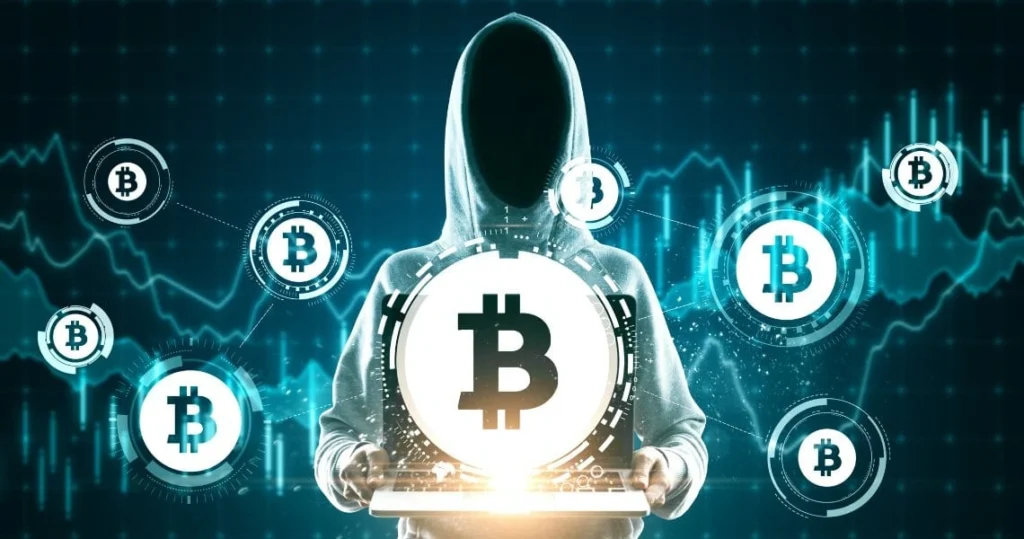Devaluation and Bitcoin go hand in hand in today’s financial conversations. Let’s be real — when currency loses value, people panic. That’s where Bitcoin enters the chat.
Currency devaluation — where your money starts buying less and less — is a growing concern. And Bitcoin? Some say it’s the answer. Others say it’s too risky. The truth? It depends. So instead of shouting opinions, let’s lay out the pros and cons of this whole “devaluation and Bitcoin” relationship. You decide what makes sense.
Devaluation and Bitcoin PRO: Bitcoin Isn’t Tied to Any Government
When your country’s currency weakens, Bitcoin doesn’t care.
It runs on its own decentralized network. No central bank. No printing press. That means governments can’t manipulate it — and that’s exactly what makes it attractive in devaluation situations. Your local currency might be going down… but Bitcoin’s value lives outside that system.

Devaluation and Bitcoin CON: Bitcoin Is Volatile — Sometimes Too Much
Yes, Bitcoin might protect value… but it can also drop 10% overnight.
Let’s be honest, that kind of price swing isn’t for everyone. If you’re looking for something rock-solid and stable, BTC might feel like jumping into choppy waters with no life jacket. It’s not uncommon for newbies to panic sell during a dip — and that defeats the whole purpose.

PRO: Limited Supply Helps Hedge Against Inflation
Bitcoin is like digital gold — only 21 million coins will ever exist.
This is key. While fiat currencies can be printed endlessly, Bitcoin has a hard cap. That scarcity makes it appealing as a hedge. When your local currency is losing value due to inflation or policy decisions, Bitcoin stands still — or even grows, in theory.

CON: Not Everyone Accepts Bitcoin
Still can’t buy your groceries with it in most places.
Although adoption is growing, Bitcoin isn’t quite “everyday money” yet. You’ll still need to convert it back into local currency for most real-life spending. That extra step, plus potential fees, can be a turnoff for folks who just want a simple store of value.
PRO: Easy Global Access
No bank account? No problem.
In regions hit hardest by currency devaluation, access to traditional banking is often limited. Bitcoin offers a way for people to store and send value using just a smartphone. For the unbanked or underbanked, this can be life-changing.

CON: Scams, Hacks, and Mistakes Still Happen
A forgotten password or bad exchange can wipe you out.
Let’s be clear — Bitcoin is secure as a technology, but human error still exists. If you lose your wallet key, or trust the wrong platform, your Bitcoin could be gone forever. And that’s not theoretical — it happens more than you’d think.
PRO: Transparency and Control
You can track every transaction on the blockchain — and nobody can freeze your funds.
That kind of openness appeals to people in countries where financial systems are opaque or unstable. It also means no middleman can block your money, which is comforting if you’ve ever been locked out of your own bank account during a crisis.

CON: Still Considered Speculative
Governments and big investors still don’t fully trust Bitcoin.
Some call it a bubble, others say it’s the future — the jury’s still out. And that uncertainty can affect the price, regulation, and your comfort level. If too many governments crack down at once, Bitcoin’s appeal as a hedge could get complicated fast.

Final Take: So, Should You Use Bitcoin During Devaluation?
Honestly, it depends on your situation — and your risk tolerance.
If your local currency is crumbling and you need an exit, Bitcoin could be a lifeline. But it’s not a guaranteed win. It’s a tool — one with both power and pitfalls.
In times of devaluation, Bitcoin offers an option. Not a promise. It’s up to you to weigh the risks, the rewards, and the reality of your local economy. Either way, understanding the pros and cons puts you in a better position than most.
Related Content: Beginner’s Guide: Understanding How Devaluation and Bitcoin Connect




